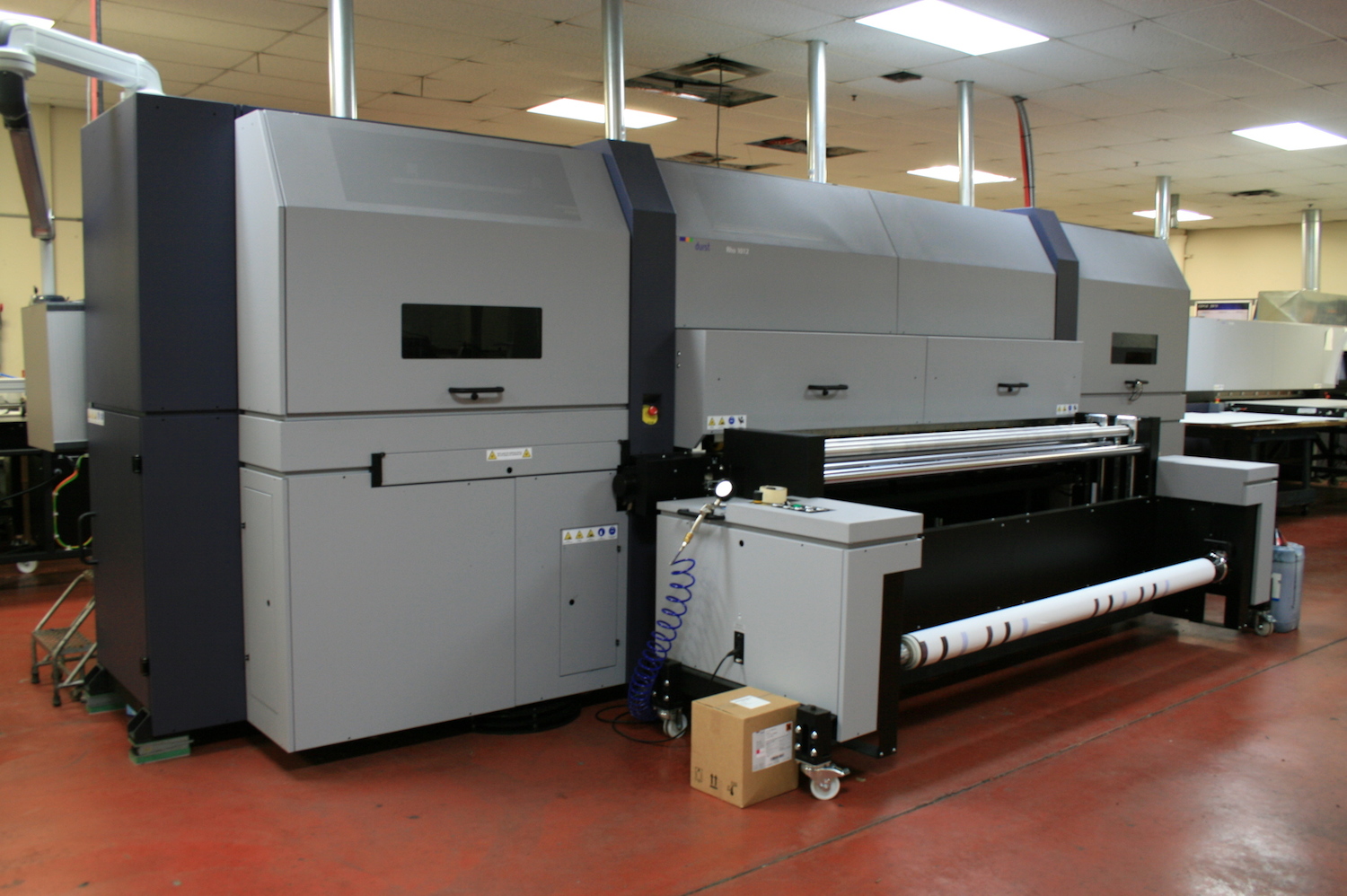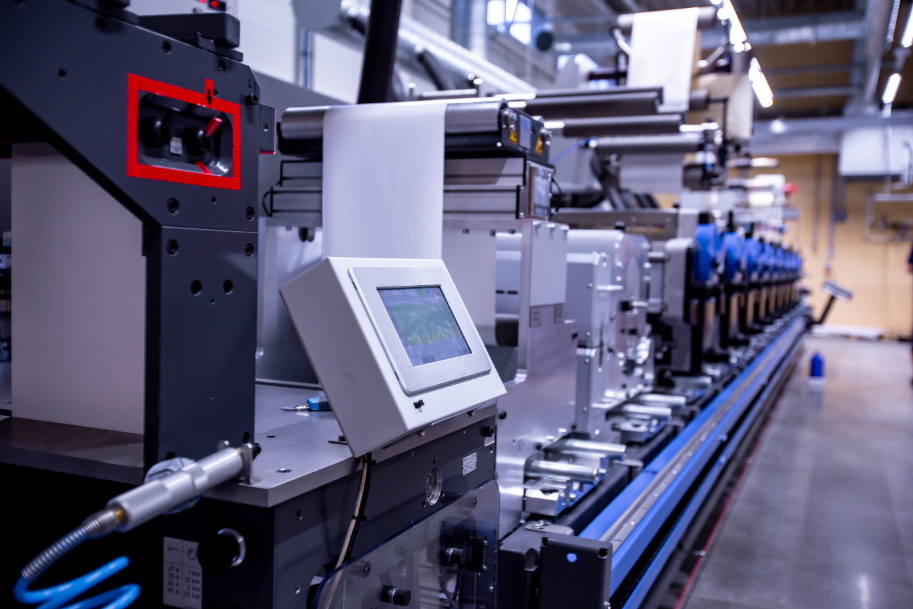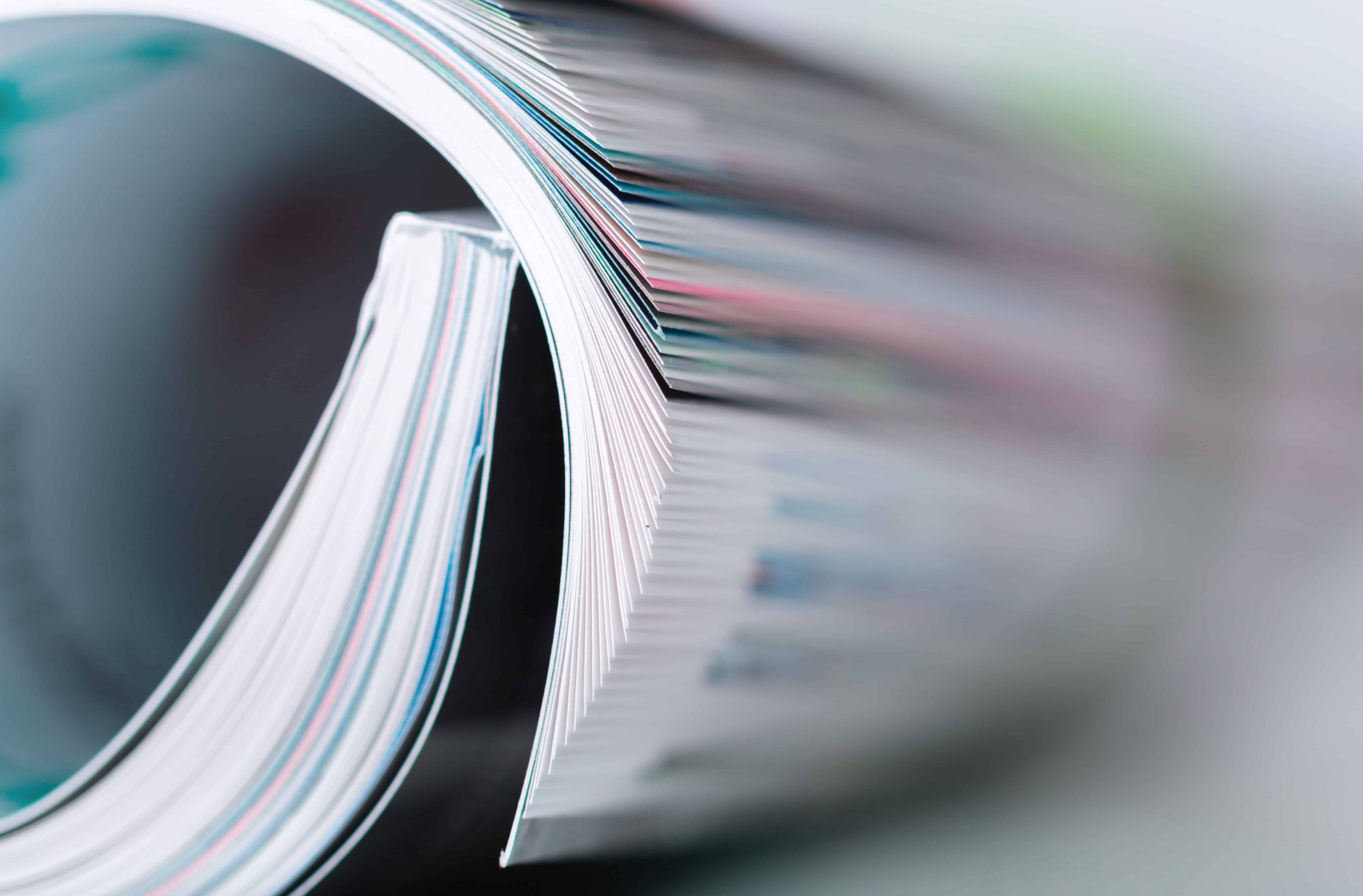Evolution of Business Cards in the Digital Era | Networking remains a cornerstone of business success. Central to this endeavor is the business card—a tool that has undergone significant transformation over the centuries. At Davayo, we recognize the importance of adapting to these changes to maintain a competitive edge. This comprehensive exploration delves into the rich history, current innovations, and future prospects of business cards, emphasizing how Davayo can harness these advancements to enhance our brand presence and networking efficacy.
1. The Origins of Business Cards: A Historical Perspective
The journey of business cards dates back to 15th-century China, where “visiting cards” were used to announce one’s arrival to a host. This practice spread to 17th-century Europe, particularly among the aristocracy, serving as a social tool with strict protocols around its use. By the 19th century, the Industrial Revolution enabled mass production, making business cards more accessible to the emerging middle class. In the 20th century, they became a professional standard, often featuring simple designs with essential contact information.
2. The Digital Shift: Embracing Modern Networking Tools
The advent of digital technology has revolutionized traditional networking methods. Social media platforms, email signatures, and virtual events have introduced new avenues for professionals to connect. Despite these advancements, the essence of exchanging contact information endures, prompting the evolution of business cards to integrate digital functionalities.
3. The Enduring Significance of Physical Business Cards
Physical business cards offer tangible benefits that digital alternatives may lack:
- Tactile Engagement: The physical exchange creates a memorable interaction.
- Universal Accessibility: No need for electronic devices or internet connectivity.
- Brand Representation: Materials, textures, and designs convey brand identity.
These attributes ensure that physical business cards remain relevant in modern networking.
4. Innovations in Business Card Design and Functionality
To stay pertinent, business cards have embraced several innovations:
- Unique Materials: Incorporating metal, wood, or recycled materials to stand out.
- Creative Shapes: Moving beyond standard rectangles to custom die-cut designs.
- Technological Integration: Embedding QR codes or NFC chips for instant digital access.
- Sustainable Practices: Using eco-friendly materials to appeal to environmentally conscious clients.
These enhancements not only capture attention but also reflect a company’s commitment to innovation and sustainability.
5. Davayo’s Approach to Sustainable Networking Solutions
At Davayo, we prioritize sustainability in our networking tools. By opting for recycled or biodegradable materials in our business cards, we demonstrate our commitment to environmental responsibility. This approach resonates with eco-conscious clients and aligns with global sustainability goals.
6. Integrating Technology: The Rise of Digital Business Cards
Digital business cards have emerged as a modern solution to traditional limitations:
- Instant Updates: Easily modify contact information without reprinting.
- Interactive Features: Include links to portfolios, social media, or videos.
- Cost-Effective: Reduce printing and material costs over time.
- Environmental Benefits: Eliminate paper waste, contributing to sustainability.
7. Designing Business Cards for the Future
Future-forward business cards should encompass:
- Minimalist Aesthetics: Clean designs that focus on essential information.
- Personalization: Tailored designs that reflect individual or brand identity.
- Augmented Reality (AR): Incorporating AR elements for interactive experiences.
- Cross-Platform Compatibility: Ensuring digital cards are accessible across various devices and operating systems.
By embracing these elements, Davayo can ensure our business cards remain impactful and relevant.
8. Global Perspectives on Business Card Evolution
Cultural nuances influence business card usage worldwide:
- Japan: Exchanging business cards, or “meishi,” is a formal ritual reflecting respect.
- United States: Cards are often exchanged casually during introductions.
- Europe: Design and quality are emphasized, reflecting professionalism.
Understanding these variations allows Davayo to tailor our business card strategies to diverse markets.
9. Davayo’s Role in Shaping the Future of Networking
As a forward-thinking brand, Davayo is poised to lead in networking innovations by:
- Adopting Digital Solutions: Utilizing digital business cards to streamline information sharing.
- Enhancing Design: Investing in unique
Conclusion:
Why Choose Davayo for Your Business Cards
Choosing Davayo means embracing innovation without sacrificing tradition. Our commitment to high-quality materials, sustainable practices, and cutting-edge technology ensures that your business cards make a lasting impression. Whether you prefer classic, tactile cards that reflect timeless professionalism or digital solutions that embrace the future of networking, Davayo has you covered.
Our expertise in blending design aesthetics with practical functionality allows us to deliver business cards that truly represent your brand identity. Plus, our dedication to customer satisfaction guarantees that you receive personalized support and creative solutions tailored to your needs.
In a world where networking continues to evolve, let Davayo be your partner in making meaningful connections. Trust us to create business cards that not only enhance your professional image but also set you apart from the competition. Your journey to impactful networking starts with Davayo—where tradition meets innovation.





